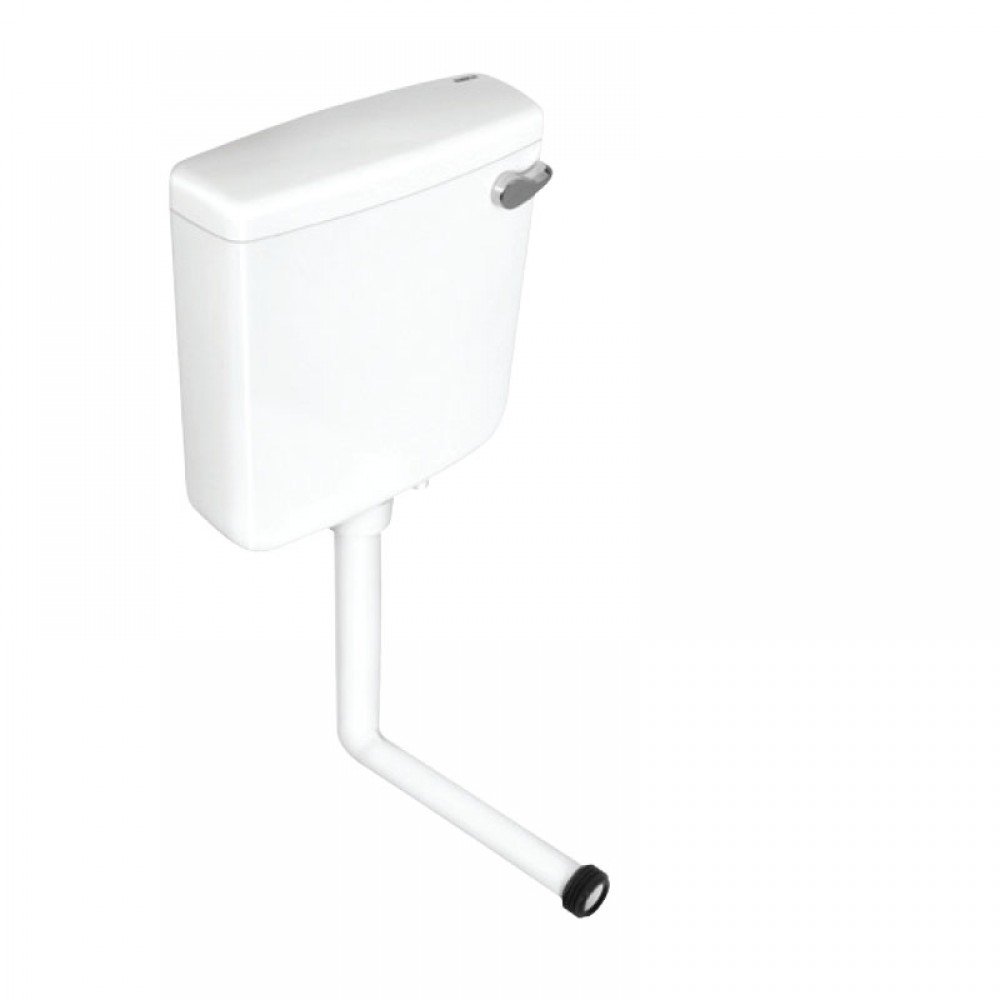Cisterns

Wall Hung Cistern

Smart Wall Hung Cistern

Smart Wall Hung Cistern
Cisterns are essential components of water storage systems, designed to collect and store rainwater or other water sources for later use. These reservoirs come in various forms, serving diverse purposes across agriculture, industry, and residential settings.
Key Features:
Storage Capacity: Cisterns vary in size, accommodating different volumes of water based on the intended application.
Materials: Common construction materials include concrete, plastic, fiberglass, or metal, with each offering specific advantages in terms of durability, cost, and ease of maintenance.
Rainwater Harvesting: Cisterns play a crucial role in rainwater harvesting systems, collecting rain runoff from roofs and surfaces for sustainable water use.
Irrigation and Agriculture: In agriculture, cisterns store water for irrigation, providing a reliable water supply to crops during dry periods.
Emergency Water Supply: Some cisterns serve as emergency water reservoirs, ensuring a backup water supply during water shortages or disruptions.
Potable Water Storage: Cisterns can be designed for potable water storage, meeting stringent quality standards for human consumption.
Customization: Cisterns can be customized based on the specific needs of the application, including above-ground or underground installations.
Maintenance and Filtration: Regular maintenance and filtration systems are essential to ensure water quality and prevent contamination in cisterns.
Advantages:
Water Conservation: Cisterns contribute to water conservation efforts by storing rainwater and reducing reliance on traditional water sources.
Cost-Efficiency: Harvesting rainwater through cisterns can lead to cost savings on water bills, especially in regions where water is scarce or expensive.
Sustainability: Cisterns align with sustainable practices by promoting the efficient use of water resources and reducing the environmental impact of water consumption.
Versatility: Cisterns are versatile and adaptable, catering to a range of applications from small-scale residential systems to large agricultural or industrial setups.
In summary, cisterns are vital components of water management, offering practical solutions for water storage, conservation, and sustainability across various sectors. Their design and application versatility make them indispensable in addressing water challenges and promoting efficient water use.

